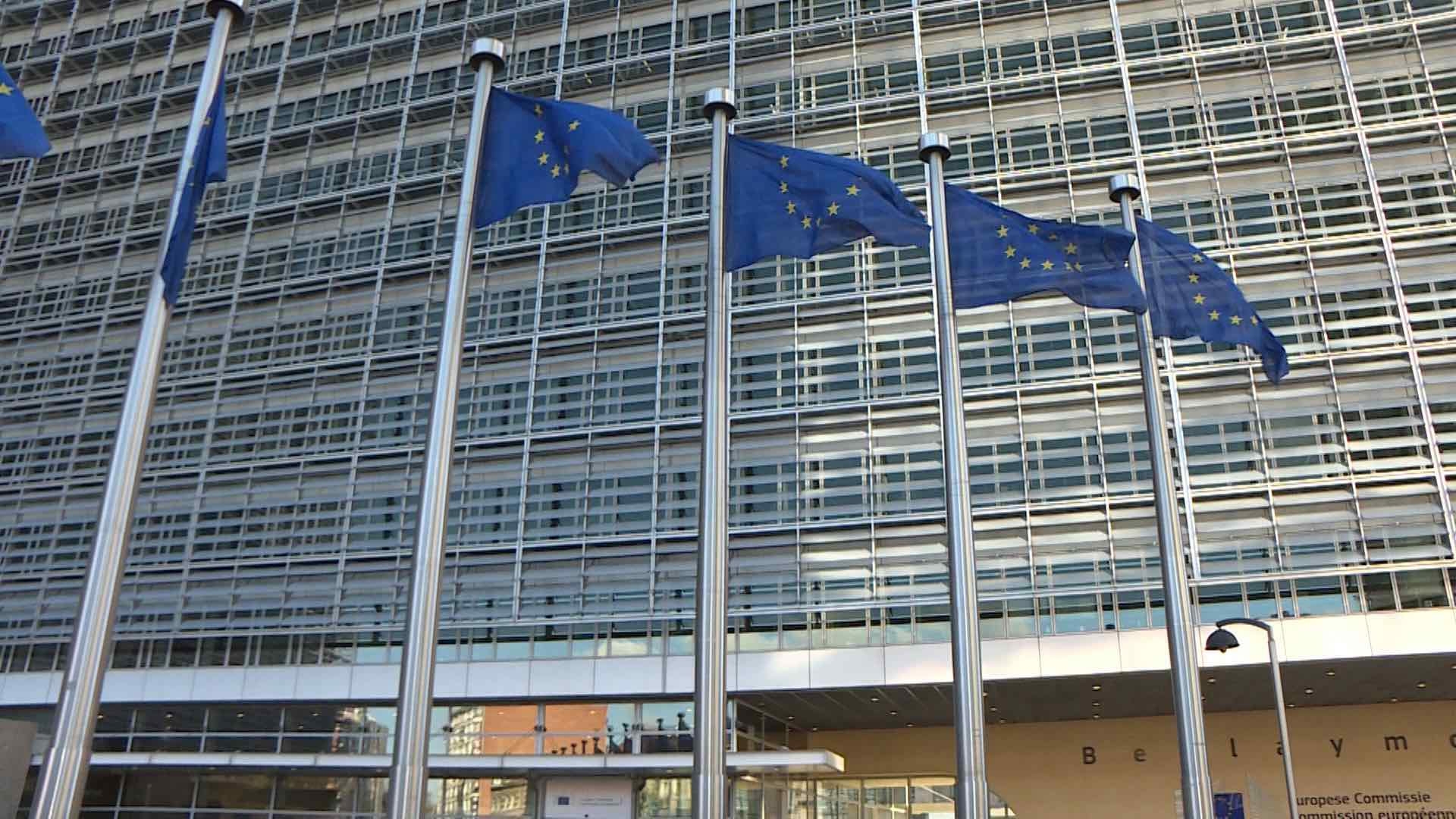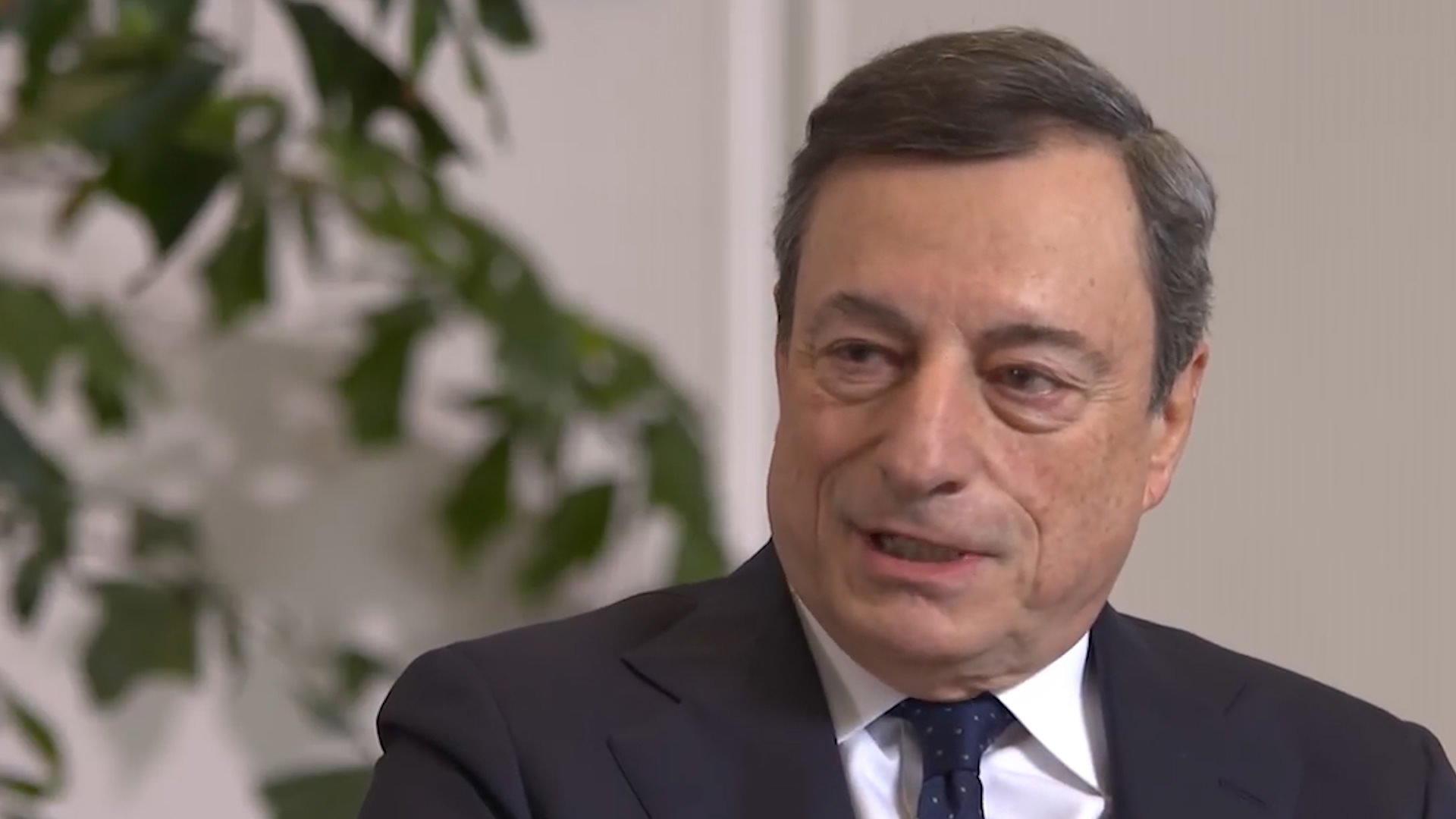
Business
15:39, 17-Feb-2018
Mario Draghi says regulating Bitcoin not ECB responsibility
By Jack Parrock

The President of the European Central Bank (ECB) Mario Draghi said it is not the bank's job to regulate Bitcoin, the volatile cryptocurrency.
In a video response to public’s questions, Draghi warned people to be careful when it comes to using Bitcoin due to its wild fluctuations in value and lack of centralization.
"The euro is backed by the European Central Bank. The dollar is backed by the Federal Reserve,” said Draghi. “Currencies are backed by the central banks or their governments. Nobody backs Bitcoin.”

Mario Draghi, the President of the European Central Bank /VCG Photo
Mario Draghi, the President of the European Central Bank /VCG Photo
"It's not ECB's responsibility" to regulate or ban Bitcoin, he added.
Bitcoin is a form of digital currency that is used for online transactions and operates independently from a central bank.
Because of this, they are not a legal form of currency recognized by governments and there are no legal protections for those who have their Bitcoin stolen or hacked.
The value of Bitcoin hit an all-time high last December of almost 20,000 US dollars but recently faced major declines placing its current value at around 7,000 US Dollars.
Because of these major spikes in value, Bitcoin’s shaky stability has caused many politicians and finance ministers throughout Europe to call for some form of regulation on the digital currency.
The European Union has been overseeing the cryptocurrency market but many have recently called on the ECB and other central banks to take further action.
However, like Draghi, Guntram Wolff, Director of Brussels-based economic think tank Bruegel, agrees that at the end of the day, it’s not the ECB’s job.
“They can give legal opinions to the European Commission,” Wolff said, “But the ECB itself cannot regulate and cannot pass a law because it’s not their jurisdiction.”
Europe has the most cryptocurrency exchange platforms, according to a study by Cambridge University in 2017 on the global cryptocurrency market.
Even back in 2013, The Guardian reported that Berlin was a major European Bitcoin hub where people can shop in the Kreuzberg area using the digital currency as a method of transaction.
In Iceland, it is projected that this year the country will use about 100 megawatts to power cryptocurrency servers, which is more energy that is used to power its own homes.
Many are concerned that the demand for these cryptocurrencies will only increase and there soon won’t be enough energy to keep up with the demands.
Within the next six months, the EU Commission is set to release a strategy paper on financial technologies which will encompass cryptocurrencies.

SITEMAP
Copyright © 2018 CGTN. Beijing ICP prepared NO.16065310-3
Copyright © 2018 CGTN. Beijing ICP prepared NO.16065310-3